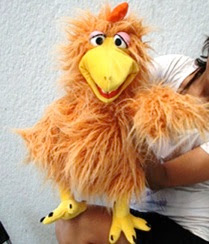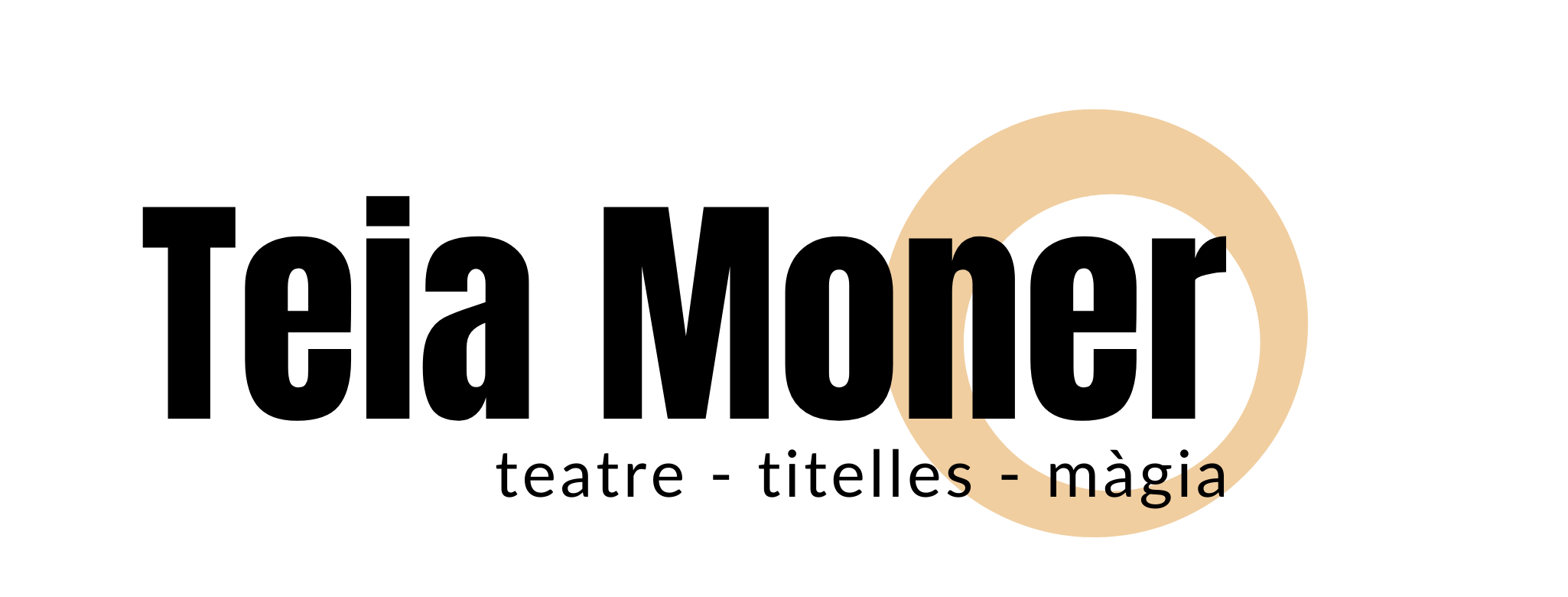Everyone is scared and what?

There are currently two different concepts about fear, which
correspond to the two great psychological theories we have: the
behaviorism and deep psychology. According to the behaviorist concept the
Fear is something learned. The model of deep psychology is
completely different. In this case, the existing fear corresponds to
an unconscious and unresolved basic conflict, to which he refers.
From
from a biological point of view, fear is a mechanism of
survival and defense, emerged to allow the individual to respond
in the face of adverse situations quickly and effectively. In that sense, it is
normal and beneficial to the individual and his species.From
The neurological point of view is a common form of organization
primary brain of living things, and essentially consists of the
activation of the amygdala, located in the temporal lobe.
From
from a psychological point of view, it is an affective, emotional state,
necessary for the correct adaptation of the organism to the environment, which
it causes anguish and anxiety in the person as the person can
feeling scared without a clear motive.
From
from a social and cultural point of view, fear can be part of the
character of the person or social organization. You can therefore
learn to fear objects or contexts, and you can also learn not to
fear them. It is closely related to the different elements of the
culture. Joanna Bourke (Fear: A Cultural History) reveals that the
Fear, as a collective and individual feeling, varies with the times and
historical contexts. It should be noted that within this point of
seen, we can find the political and social control channeled by the
laws and the mass media. Like several authors
point out (Noam Chomsky, Ulrich Beck) fear is a weapon of domination
politics as control of the population, emphasizing the
creation of false scenarios of citizen insecurity.
By
lastly, from the evolutionary point of view, fear is a complement and
an extension of pain function. Fear warns us of dangers
that they have not caused us any pain, but rather a threat to the
health or survival. In the same way that pain appears
when something harmful attacks our body, fear appears in the middle of a
situation in which there is danger. Martin Seligman argues that
dangers that were represented in the beginnings of human history, se
they have become very effective conditioned stimuli and for this reason
some fears are easier to learn.
Hay
so many types of fear as people and so many different forms of
face them as beings. And by the way, in both children and adults
there are both fears and people.
However, people with fear may have one of these physiological reactions:- - Flee
- Confrontation
- Paralysis
Some
of the concepts that arise and we must avoid that the fear falls in
Some of these wells are: Phobia. Which refers to the danger
real in a more or less specific way, but disproportionate. And there
anxiety, which is to feel fear without a clear motive.
Anxiety interferes with the things you need to do, subtracting
autonomy, and can cause major problems in the person.
Roots of fear. [i]
Many
Sometimes we focus so much on resolving the kind of fear we have
we forget the root of the problem, the fear itself not its forms.
We talk
of the nature of fear not of the different forms of fear but
we are concerned with fear itself not with fear of anything but the
a real reaction called fear.
Then
What is the cause, the root of fear? Is it the thought and is it
time? Is thought a cause of fear? And it's time too
the cause?
We are
talking about what it is to what it should be. The movement, the process
psychological of time and thought, and all this linked to the
I remember.
Thought is the answer of memory. And memory is knowledge
and experience, so knowledge belongs to time, since the
experience is gained over time. For all this knowledge
it can be one of the causes of fear.
time? Thought and knowledge as a unitary movement can be
the cause of fear. To understand this we must consider that ours
brains are conditioned, trained to be afraid. Fear has
been transmitted and accepted as a standard of living, as a way of life.
the cause will lead us to the end and then to the diagnosis of the cause
basic, fundamental. Therefore, the cause of fear is the
thought-time.
on the other hand we have the nature of desire as part of fear. We can
be afraid because we cling to things and people who, by themselves
they cannot be possessed. We fear for our good name and position,
for our family and possessions. As we acquire goods, fame and
power, we also acquire the fear of losing them and the constant
concern to ensure its safeguard. But desire is not the root
of fear, but time related to loss and thought related to past experiences of loss. Time
as distance and time as something internal, psychological: I am this, I must
become that. In the history of cinema we have a character who
clearly reflects this fact: Darth Vader.
The authors argue that certain fears taught to the child help them
to be more careful in situations that require more care (such as
cross a street, fall off the swing,…,) but I do not agree. A
through fear you can learn to avoid these dangers but also
without causing anxiety it can be taught through knowledge. Which one
is the solution How to avoid getting into a phobia or anxiety?
case of Arnau and the book. Convey first of all, calm and
security, to help you overcome your fears through affection, the
understanding and accompanying him. It's as simple as offering one
hand. Fear must be taken away from power. And power is always there
something we do not know. The magic wand does not exist but we can
to find a recipe that would be ignorance. That's why you have to
explain, in a logical way, what produces fear in those who feel it. Is
essential for anyone who wants to dissolve the fear of a child, to love him,
believe it and be convinced that you can.
- Work of artistic expression through music. First
we have brought out the emotions of the students through a
identification of the different fears from doing
conversations with the whole class group. From that we have
visualized the fears through audiovisual support and from
listening to musical pieces that aroused everyone's fears
we have tried to get each student to express their perspective on fear.
With the audition we have tried to feel the fear and from the
plastic expression we try
look at fear from another perspective, in the third person
moving it away from our interior. Finally we have tried to know e
incorporate fear from finding recipes to overcome it and
learn to live with it without paralyzing us. - Throughout the course, we had mainly two pets, two puppets, named Tina and Kiko.


Tina is our emotional bond. She shows up when you need one
support. Tina loves to give kisses and especially to those children who
they better behave or have done some help to someone
partner. Kiko loves to hug and scream when she's there
very happy. She loves to motivate children to focus and be
strive for classroom activities.
Finally, to conclude, I am convinced that we cannot
turn our classroom into a therapeutic cabinet, because we are not
psychologists. We must be aware that we cannot avoid fear
because it is something innate in our culture and in our society, but yes
learn to live without fear paralyzing us.

